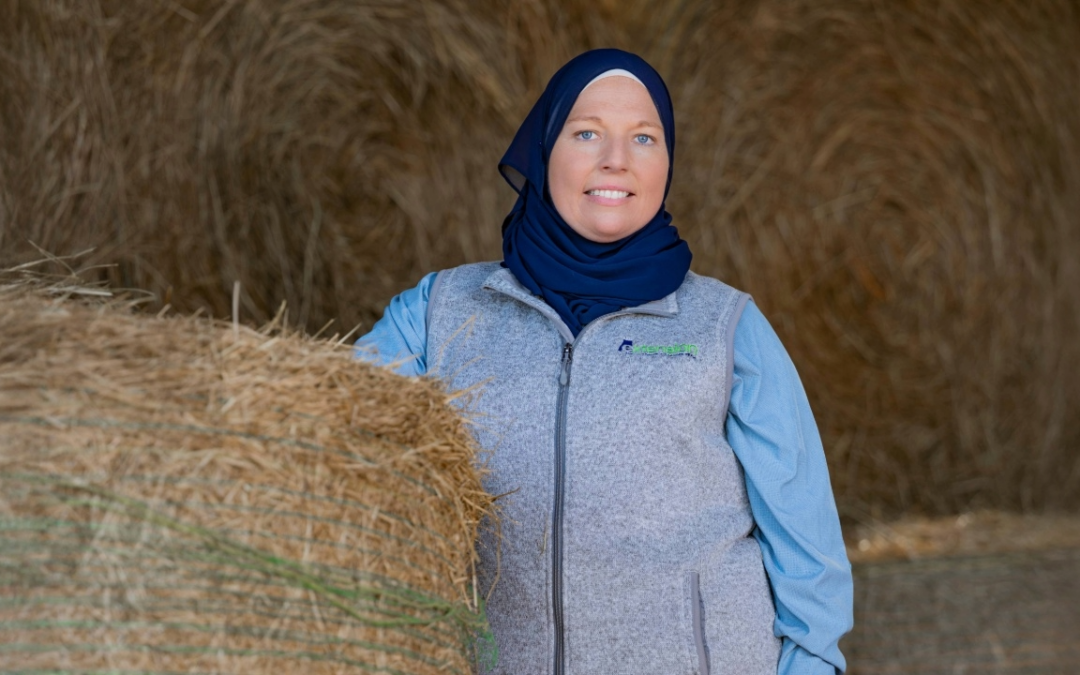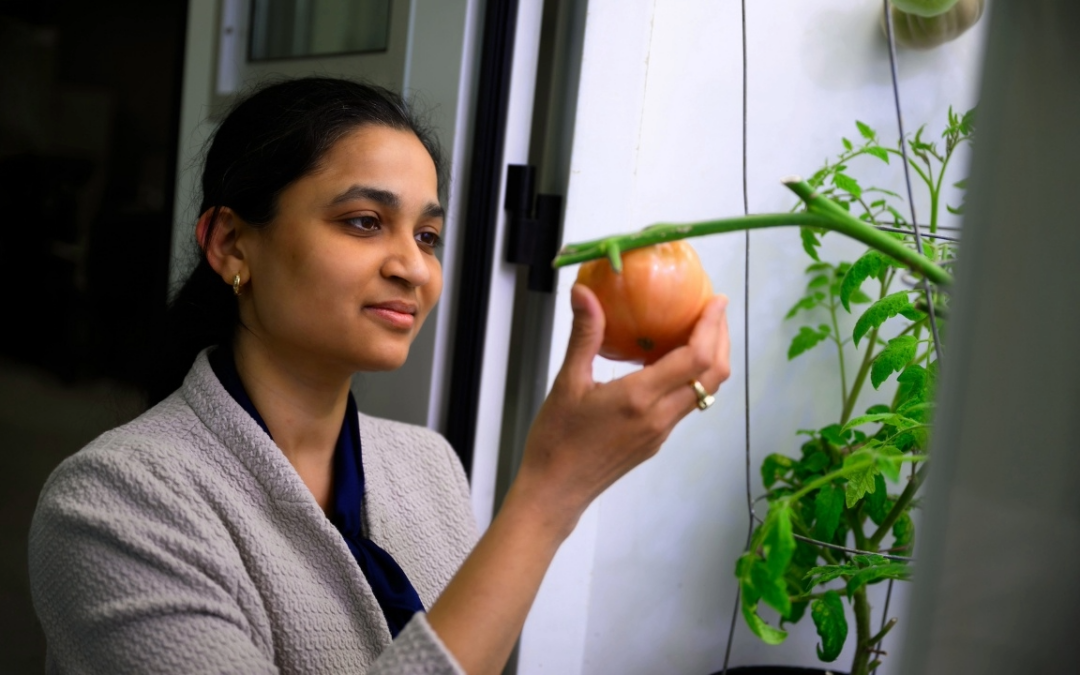
University official variety trials (OVTs) are conducted at Alabama Agricultural Experiment Station sites and are overseen by station directors and College of Agriculture faculty.
Alabama Cooperative Extension System
As farmers were planning this year’s crop, Alabama Cooperative Extension professionals and Auburn University College of Agriculture faculty were working ahead to determine the best varieties for farmers across the state.
Variety trials can take two forms.
On-farm variety trials are conducted by Alabama Extension agents and Auburn University College of Agriculture faculty on privately owned farm land.
University official variety trials (OVTs) are conducted at Alabama Agricultural Experiment Station sites and are overseen by station directors and College of Agriculture faculty. Research conducted by the Alabama Agricultural Experiment Station supports the state’s agricultural industry. AAES research scientists are from Alabama A&M University, Auburn University and Tuskegee University and from extension centers across Alabama.
Kathy Glass, who coordinates Alabama Extension’s Crop Variety Testing said variety selection is one of the most important decisions farmers make.
“OVTs give the grower an unbiased, side-by-side comparison of all the varieties tested under a variety of growing conditions throughout the state,” Glass said. “The grower can then use this information to make a more informed decision on variety selection to possibly increase profits.”
Dale Monks, director of outlying units for the Alabama Agricultural Experiment Station, said companies are asked to provide their best cultivars or hybrids for the trials.
“Most of the cultivars are commercially available, but there have been some opportunities to put experimental lines on-farm,” Monks said. “However, the technology package the seed carries has to have been approved through the EPA and other agencies to be included in an experiment or a farmer’s fields.”
The Extension professional and producer decide the total number of cultivars or hybrids tested per on-farm trial. Monks said there have been as many as 20 cultivars and as few as five in a farmer’s field at once.
“In trials I have conducted through the years, I learned early in my career that I could plant more in the spring than I could harvest in the fall,” Monks said. “The companies have input into what we have, and the producer will often request specific cultivars that we try to include as well.”
Glass said on-farm trials give growers a “real world” look at a variety managed on a production scale. These trials have also allowed farmers and researchers to determine whether small-plot results will translate to full production scale.
“With on-farm trials, farmers can see first-hand how a variety will perform in a particular area,” Glass said. “Other growers in the area can benefit from the information as well.”
Researchers can have as many as 50 cultivars or hybrids in small plot experiments. These experiments are paid for in part by seed companies.
Glass said the OVTs are a mixture of established varieties and experimental lines.
“Companies enter experimental lines to test their performance against existing lines and how well they will perform in different areas of the state,” she said. “OVTs are used to determine which lines should be released and where the best market will be within the state.”
The company selects the cultivars or hybrids they would like tested, and researchers select other varieties for comparison. Fees for testing cover part of the Alabama Variety Trial Testing Program through the experiment stations and the Crop, Soil and Environmental Sciences Department at Auburn University.
“Given the nature of small plot experiment station trials, we have several on-station trials covering different crops compared to on-farm numbers,” Monks said. “In 2014 we had 16 cotton and wheat variety, 18 soybean cultivar, five forage ryegrass variety, and seven corn hybrid trials split between irrigated and non-irrigated sites across the state. We had fewer on-farm trials because of the time and expense for the agents and specialists needing to travel to each farm.”
Results for experiment station and on-farm variety trials are all posted on the Alabama Crops website. Monks said producers are interested in seeing more on-farm trials. Producers wishing to get involved in on-farm trials can contact their county Extension agent or regional Extension agent for more information.




